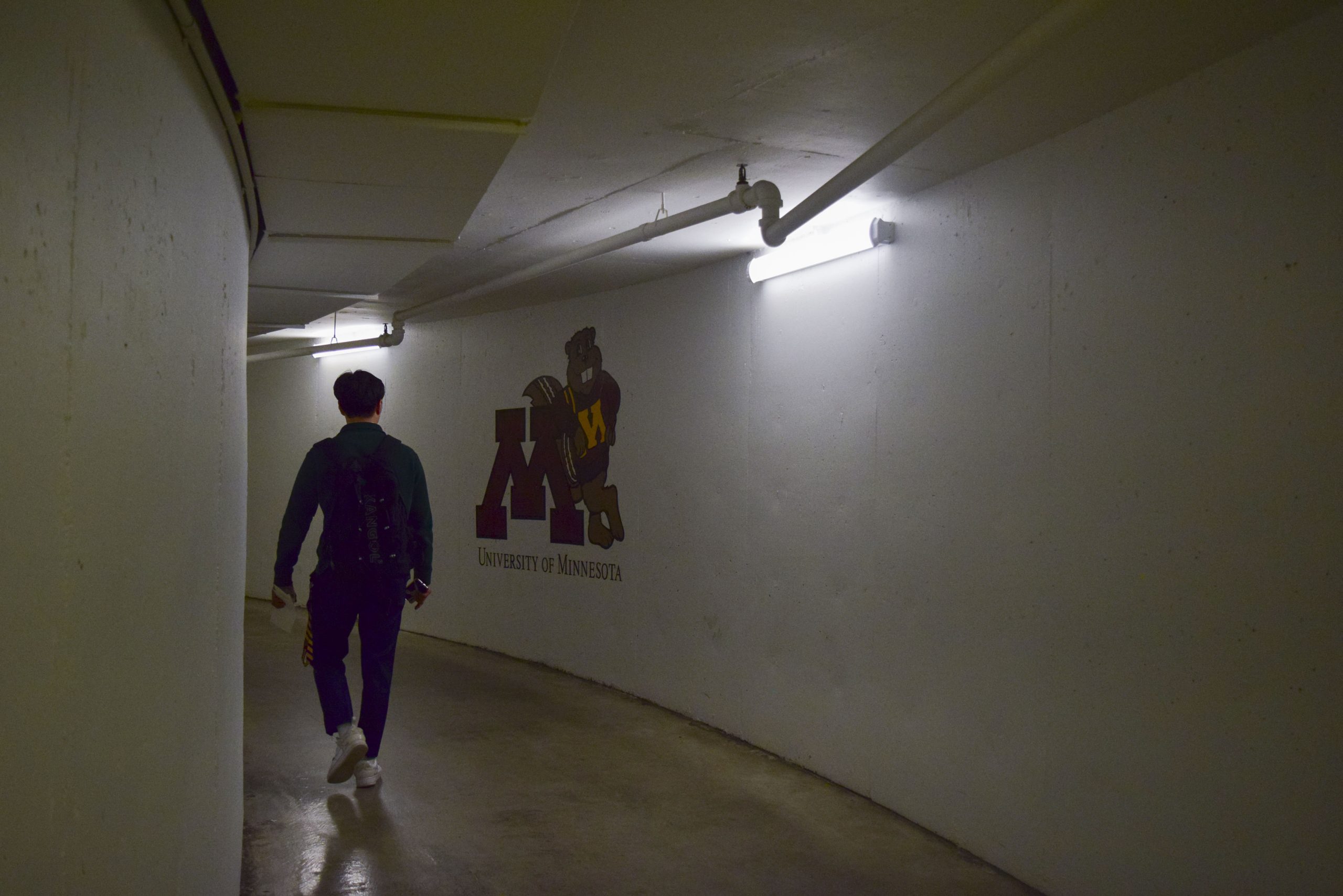At the turn of the millennium, an age of American prosperity seemed to be in the cards. The United States seemed to have few enemies, and even those that still railed against U.S. imperialism were very interested in becoming part of a global trading regime that the United States spearheaded. The federal government was flush with money; and many state governments – even after generously funding state programs – actually returned money to their taxpayers. Americans bought with abandon, bourgeois bohemians – fueled by easy stock market money – invested in the once-forsaken inner cities and sexual peccadilloes of minor politicians entranced Americans. The United States was comfortable within itself, in an isolated warm buzz, distanced from a conflicted world.
Sept. 11, 2001, shattered this illusion of prosperity and heralded a series of events that has created a surge in our individual and collective anxiety levels.
Anxiety-causing news is continuing to pile on at a depressing rate. War in Iraq seems inevitable. Last Friday, the nation’s homeland security advisory system was raised to the orange level, signifying a high risk of terror attacks. North Korea seems intent on creating a nuclear and long-range missile crisis. Serious divisions within NATO appear to be deep and emotional. Economic fortunes track the deterioration in our international security position. The unemployment rate has risen approximately 2 percent since early 2000 and the job market is the worst that it has been in 20 years. Further, it is estimated that state governments collectively face a budget gap of more than $40 billion. In Minnesota, Gov. Tim Pawlenty has already unallotted $281 million from the state budget. An additional $4.2 billion for fiscal year 2004-05 is yet to be cut. The University is facing rising tuition rates, less research money and hiring freezes.
Not surprisingly, this steady dose of disturbing news has affected the mental and physical health of many of us. According to the American Council on Science and Health, prescriptions for anti-anxiety medications have increased steadily, especially on the East Coast, since the Sept. 11 attacks. Further, according to the American Psychiatric Association, post-traumatic stress disorder, usually only seen in military combatants, has affected more and more of us since Sept. 11. Upcoming conflicts will only exacerbate already-anxious psyches.
ACSH Director Henry I. Miller, and Sherri Ferris, say to retain some normalcy and continue productive lives we “need to find ways to manage feelings of anxiety and vulnerability that result from not only fear of terrorism directly, but from concerns about (upcoming war), the slowing economy and increasing unemployment.” The ACSH and APA offer us several suggestions for coping with and managing anxiety:
n Talk with your family and loved ones more frequently.
n Accept that when you feel victimized, anger is an appropriate response.
n Practice good relaxation techniques. Deep breathing, soft music, and turning off the telephone, pagers and TV can offer a sense of relief.
n Draw on your religious traditions for strength.
n Exercise. It gets the cobwebs out, brings oxygen in, and encourages more restful sleep.
n Medicate yourself without medication. Put your weight-loss diet on hold. Treat yourself to an extra glass of wine. Eat comfort foods.
n Do other things that give you pleasure. Go for a hike. Read something escapist or funny. Watch Tracy and Hepburn or Mel Brooks movies.
n Take it one day at a time. The onset of stress might be rapid, but getting rid of it can take a while. Try to return to the comfort and predictability of everyday routines.
n Get professional help if you need it. Counselors and therapists see many people with increased anxiety, especially in troubled times. They have lots of tools that can help.
For University students and faculty who feel burdened by anxiety or other mental health and personal issues and would like to consult a professional counselor, both the University Counseling and Consulting Services office (www.ucs.umn.edu/uccswww/
uccs.html) and the Boynton Health Services’ Mental Health Clinic (www.bhs.umn.edu/
services/mentalhealth.htm) offer mental health and other support for students and staff. Members of the University community are encouraged to work with others to make sure they are as comfortable as possible, despite the depressing news of the day.










